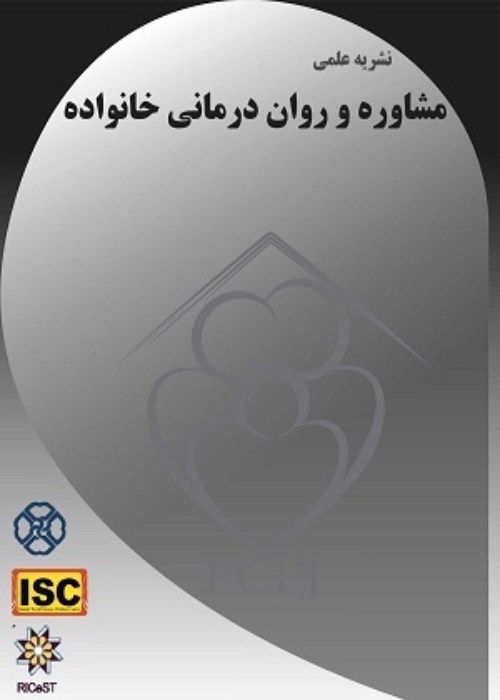A qualitative inquiry of effective factors on marital burnout: A case study of Tehran
Today official divorce statistics do not fully indicate failure the spouses in their marital life because of the larger, but undiscovered, number of emotional divorces. One of the disadvantage of life is marital burnout which leads to emotional separation if left untreated. Therefore, the present study was conducted to identify the effective factors on marital burnout, which is one of the factors that increasing divorce in society. This study was conducted using qualitative method with emphasis on phenomenological approach. The study population consisted of all married men and women residing in Tehran and the purposeful sampling was done among those with marital burnout who referred to counseling clinic. Data collection was done through semi-structured interviews and data analysis was done based on data theory. Finally, 227 open codes, 21 concepts and 4 main categories were obtained. The main themes in this study included adverse communication characteristics, personality problems, exacerbation factors, and involvement with adverse outcomes of marital burnout that each of them also included some concepts. The findings indicated that the individual, relationship and family dimensions were involved in the formation of this phenomenon in marital relationships and the main focus of the research findings was "lack of affection and care in the relationship". Overall, the results showed that marital burnout is a process that has bad consequences in the physical, psycho-emotional, and social contexts and recommended that counselors and psychologists take more action on marital burnout and its growth factors.
-
The Impact of Perceived Social Support and Family Life Changes on Critical Thinking with the Mediating Role of Moral Foundations
Faranak Najari, Sadegh Yousefei *, Homan Namvar
Journal of Psychological Dynamics in Mood Disorders, -
Compilation of the causal model of self-injury among adolescent girls with borderline personality traits based on self-compassion with the mediating role of family function.
Somayeh Begdali Mejard, Hadi Hashemi Rozini*, Homan Namvar
Iranian Journal of Psychiatric Nursing,


